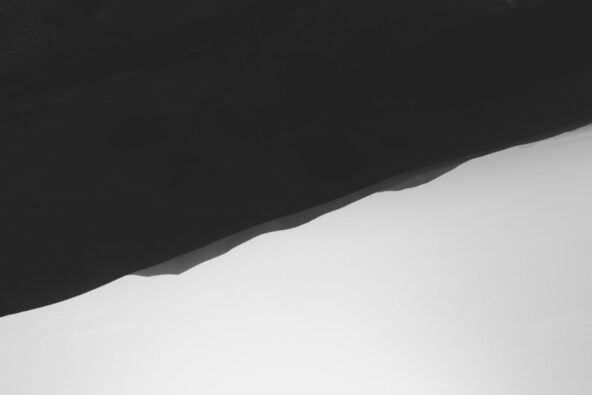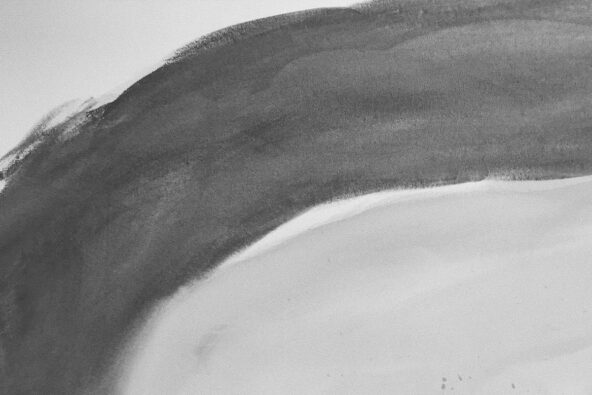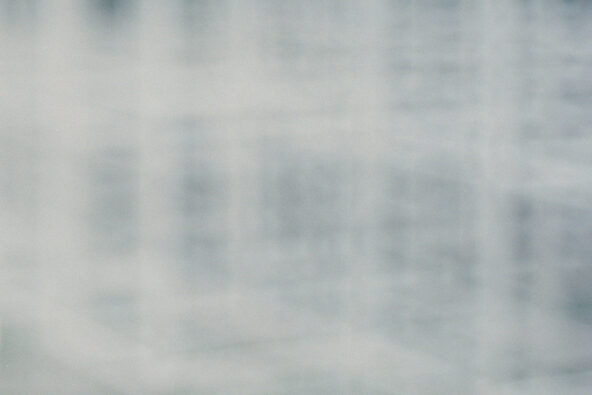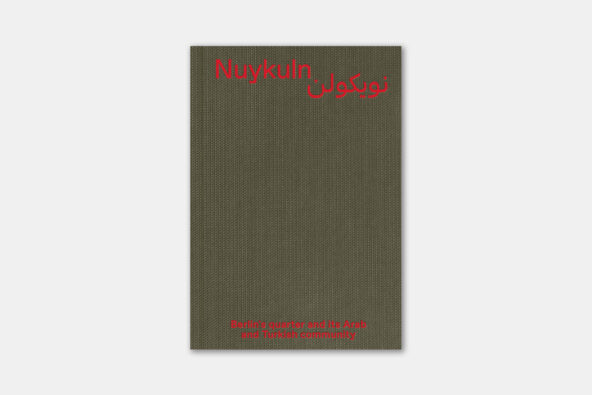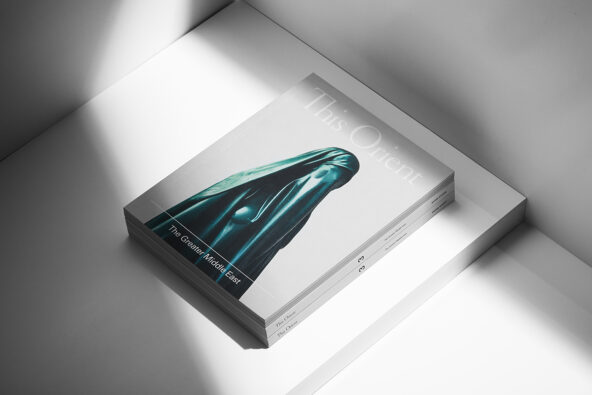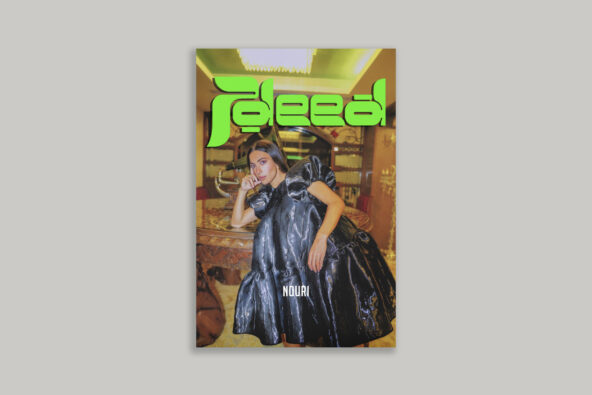Meditations on Arab cleanliness and the surprising controversy of washing your butt
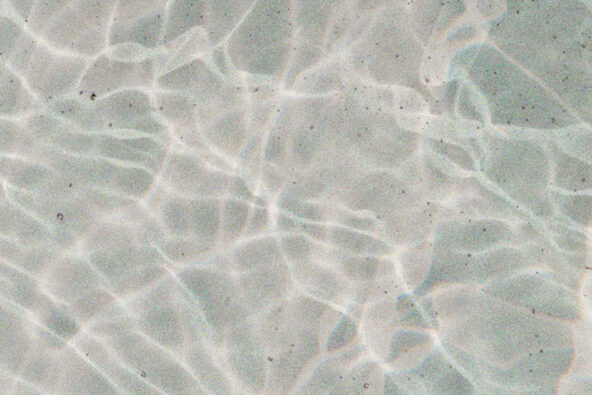
It was one of the focal points of the ‘uncivilised’ discourse that erupted earlier this year on social media when western news broadcasters – consciously or not – conflated Middle Eastern refugees with backwardness and barbarism. The shattaf suddenly became used by our communities as a civilising tool; a feature of daily Arab life that had been readopted as some kind of political statement denoting, “Who you calling uncivilised? At least we wash our butts.”
The fact that Middle Easterners and Muslims are hypervigilant to cleanliness shouldn’t really have to be used as an argument as to why the west should humanise us, but it sadly came to that. It was of course trivial, but it also illuminated a deeper discourse for me. I know I can’t be the only one that was deeply embarrassed of the shattaf in my family home’s hamam when friends came to visit. “Why is there a little shower on your toilet?” they would ask, as I would try to find some other common ground between us to illustrate how my immigrant family is ‘just like you!’.
In Islam, the cleaner you are, the closer to Allah you are. Thus, mosques tend to offer bathroom access for free to every Muslim. The shattaf isn’t just a Middle Eastern quirk of course. The bidet – the shattaf’s sexier, more civilised European cousin – is another type of backside-cleaning instrument used mostly in Orthodox and Catholic countries, where there are also strict rules for cleanliness.
More generally and outside of faith, tools like the shattafa just make sense, lessening the likelihood of spreading germs and are just another instance of how ecologically sustainable Eastern countries have always been. The Scientific American reported in 2019 that using a shattaf is “much less stressful on the environment than using paper”. The same research suggests that if the entire US used bidets, 15 million trees would be saved a year. They also prevent haemorrhoids, apparently. Nice.
It’s funny that this little plumbing tool, rarely at the locus of any intellectual or serious debate, was being used in defence of an entire population’s civility. I was, in a way, excited that the shattaf had come into more mainstream consciousness, because I was pleasantly surprised to hear other diaspora childrens’ experiences of being made to feel ‘weird’ for it. Who knew that being faced with the choice between using toilet paper and using a handheld hose to… you know what… would one day become somewhat reflective of the identity split I now feel (and will always feel) between East and West.
Dalia is a freelance Iraqi-British journalist and editor with bylines in Huck, Cosmo Middle East, Riposte & Notion,focusing on emerging creativity from the SWANA region and diaspora, migrant narratives, and reporting on community-led stories from the margins.
